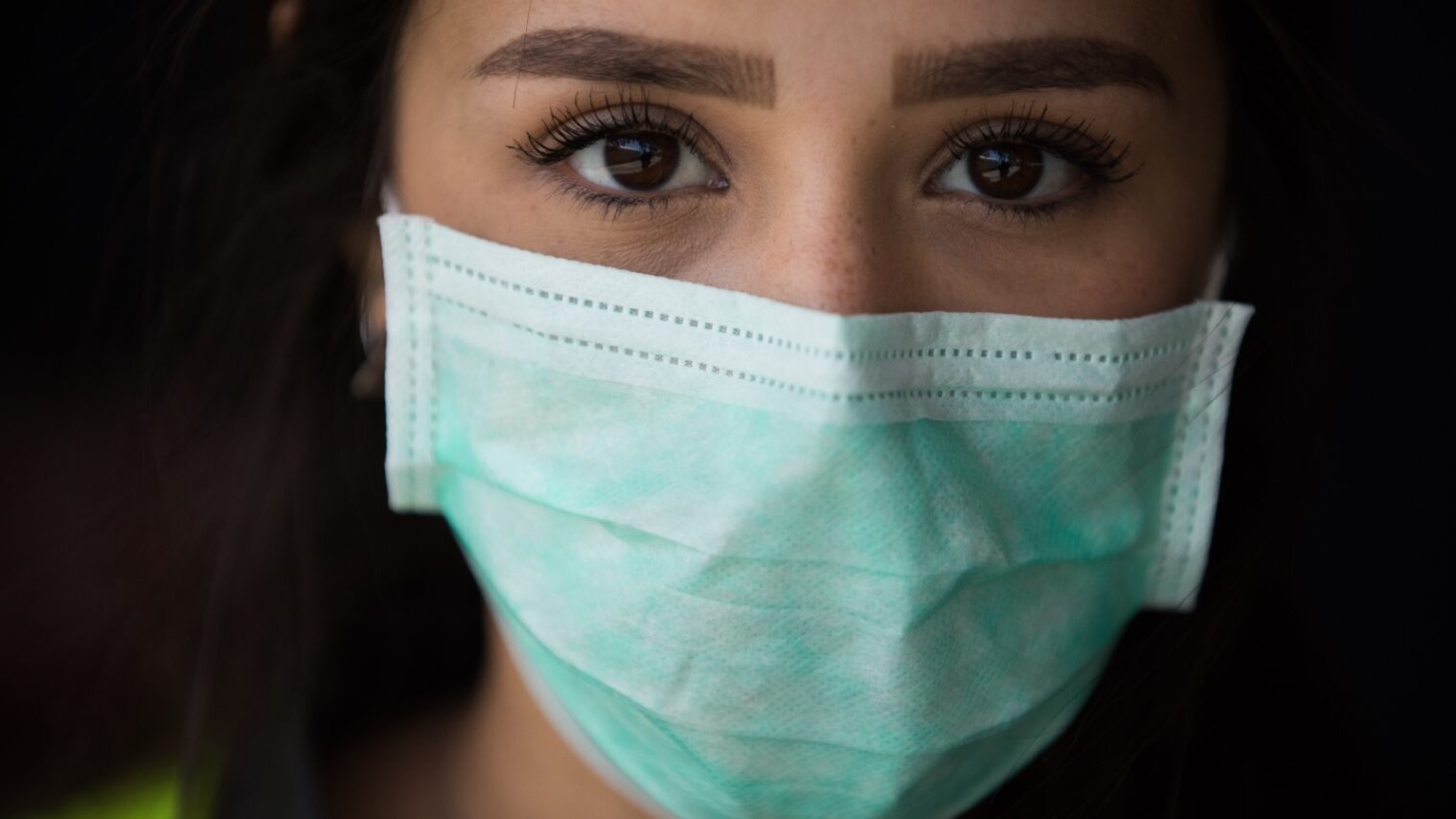Do you guys remember the “Covid masks?” There was a lot of controversy behind them and it seems they are about to emerge again. I personally believe wearing a mask is a good idea but I know many people do not agree with me and that is okay, we are all allowed to have our own thoughts, right? Right.
Wearing a mask during the COVID-19 pandemic has been a widely discussed argument amongst many people in America and there are both pros and cons associated with it. It’s important to note that recommendations and guidelines regarding mask-wearing may change over time as new information becomes available. I put a lot of thought into this topic and have decided to write about it for my readers …Here are some of the pros and cons of wearing a mask during COVID-19:
Pros of Wearing a Mask:
1. Reduced Transmission: Masks can help reduce the spread of respiratory droplets that may contain the virus, especially when worn in crowded or indoor settings. This can contribute to lower transmission rates.
2. Protection for Others: Masks are primarily effective at protecting others from the wearer, which is especially important as many COVID-19 cases are asymptomatic or presymptomatic. By wearing a mask, you show consideration for the health of those around you.
3. Personal Protection: Some masks, particularly N95 respirators, can offer a degree of protection to the wearer by filtering out a portion of airborne particles.
4. Compliance with Guidelines: Wearing masks has often been recommended or mandated by health authorities and governments as part of a broader strategy to curb the spread of the virus.
5. Risk Mitigation: For high-risk individuals or in high-transmission areas, wearing masks can add an extra layer of protection when combined with other preventive measures like social distancing and hand hygiene.
Cons of Wearing a Mask:
1. Discomfort: Masks can be uncomfortable to wear for extended periods and if you have breathing difficulties (you need to get that checked out), it can be even more difficult. They may cause skin irritation, difficulty breathing, or discomfort, especially in hot or humid conditions.
2. Communication Challenges: Masks can make it more difficult to communicate, as they muffle speech and obscure facial expressions, which are important for non-verbal communication.
3. False Sense of Security: Relying solely on mask-wearing without practicing other preventive measures like social distancing and hand hygiene may provide a false sense of security and reduce overall effectiveness.
4. Misuse: Incorrect use of masks, such as touching the mask frequently, not covering the nose and mouth properly, or reusing disposable masks, can reduce their effectiveness and increase the risk of contamination.
5. Environmental Concerns: The disposal of disposable masks can contribute to environmental pollution, as they are often made of non-biodegradable materials.
6. Breathing Difficulties: Some individuals, particularly those with certain medical conditions, may experience breathing difficulties when wearing masks. In such cases, it’s important to consult a healthcare professional for guidance.
Ultimately, the decision to wear a mask during the COVID-19 pandemic should be based on the guidance provided by public health authorities, the prevalence of the virus in your area, and individual circumstances. Wearing a mask, when recommended, can be a responsible and effective measure to help control the spread of the virus and protect public health.














+ There are no comments
Add yours